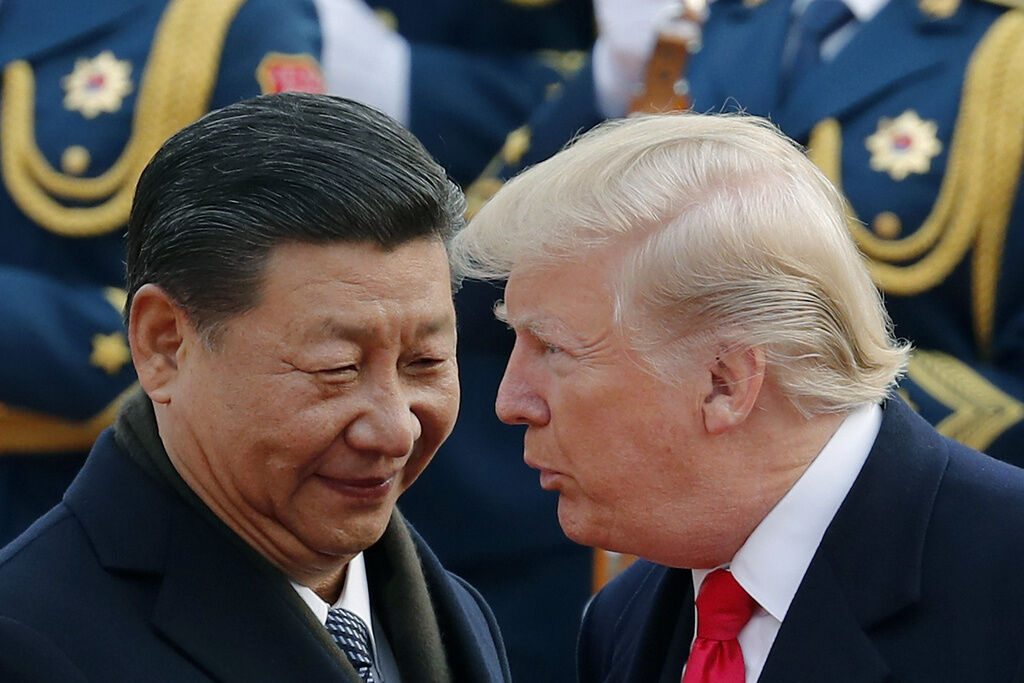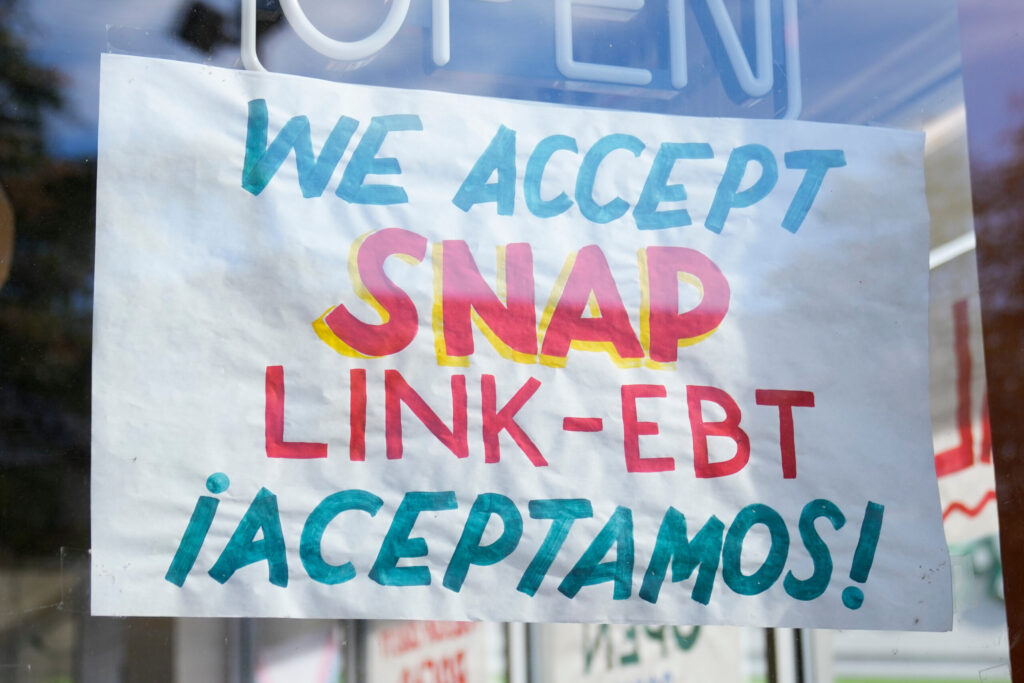What did Trump achieve with China? | SLOAN

Concerning President Donald Trump’s summit with China’s President Xi Jinping, a few observations:
Trump, in his characteristically histrionic manner, declared triumphantly the summit was a “12 out of 10.” That may be a something of an embellishment, but if it wasn’t quite the Henry V-at-Agincourt moment the president is making it out to be, it certainly wasn’t a disastrous failure either.
Leading up to the summit, Trump quite ostentatiously telegraphed what he wanted it to accomplish — a resumption of Chinese purchase of American soybeans, removal of China’s new export controls on rare-earth minerals, and for China to stem the flow of fentanyl precursor chemicals indirectly into the U.S. The deal arrived at with Xi was — a resumption of Chinese purchase of American soybeans, delay of China’s new export controls on rare-earth minerals, and a pinkie-promise from the head of the Chinese Communist Party to stem the flow of fentanyl precursor chemicals indirectly into the U.S. In return, Trump agreed to rescind his threat of a 100% tariff due to be imposed Nov. 1 in wake of China’s rare-earth minerals decision, and halved the tariffs he imposed related to the fentanyl issue, leaving China at a 47% tariff rate.
All of which is well and good, but amounts to the status-quo — or rather what the status quo was before Trump initiated his trade war with China.
But of course, no one really expected a dramatic, paradigm-shifted deal to come out of Thursday’s tet-a-tet. If the real goal was simply to call a truce in the trade war and reduce the temperature in the room that threatened to boil over into serious economic disruption in the coming months — and it was — then yes, the talks were a success.
But it doesn’t really say much about America’s position that Trump wasn’t able to walk away with anything better. A closer look at the details reveals there may not be all that much there after all — the soybean deal is good, yes, but that is nothing more than a return to the pre-trade war baseline. The export controls on rare earths are merely being delayed for a year — so that remains a potent weapon in China’s strategic arsenal; and Trump agreed to remove some of the fentanyl-related tariffs on the word of the head of the Chinese Communist Party that he will absolutely, you bet, sure thing dedicate the apparatus of the Chinese Communist Party to stop the flow of fentanyl precursors to the west. That comes rather short of instilling a great deal of confidence.
Our vulnerability to China’s rare-earth minerals dominance is particularly disturbing — the metals are essential components to just about everything that contains electronic parts, up to and including missiles and jet fighters — and in a large part a problem of our own making. There have been some efforts on the part of the Trump administration lately to help rectify this glaring oversight — the recent deal with Australia, for instance, was as welcome as it was late — but more needs to be done on the domestic side. China not only mines about 70% of the world’s rare earths but processes some 90% of it. If we are serious about bringing some form of manufacturing back to U.S. shores, that would be a better place to start than trying to wrench semiconductor manufacturing from our ally, Taiwan. And we could most likely process those rare earths in a way that is far less ecologically destructive than China does.

But in the meantime, we need to remove the self-imposed obstacles to mining our own. Western Colorado, as an example, has a pretty good share of the stuff, but the pressure from environmental groups for decades has virtually ground mining of all kinds to a bureaucratic halt. It is well past time we reverse this suicidal impulse.
Trump also missed an opportunity to turn the tide in the Ukraine war, which has been financed primarily through Russia’s sale of oil, and that primarily to China. If Trump is serious about forcing a negotiated end to Russia’s aggression there, the surest path would have been to use whatever influence he has to turn China off of Russian oil.
One bright spot of the deal is Trump did not, as some worried he would, trade away Taiwan. If Trump didn’t get all that he might have wanted, it is somewhat telling that Taiwan, which has long been Xi’s ultimate goal, was evidently not on the table. So, maybe not 12, but a middling five-and-a-half. I guess we’ll take it.
Kelly Sloan is a political and public affairs consultant and a recovering journalist based in Denver.












